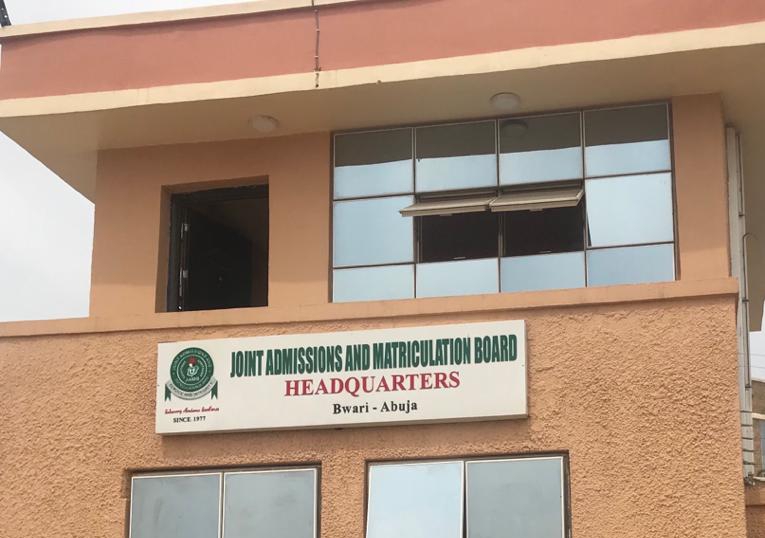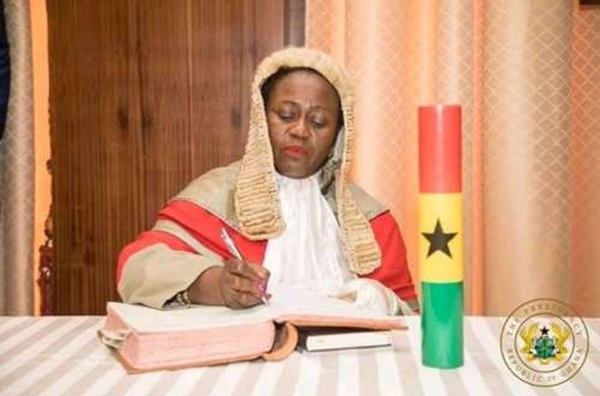Political Truce in Rivers State Crisis: Fubara, Wike, Assembly Reach Agreement

The political landscape of Rivers State, Nigeria, has long been characterized by intense power dynamics and recurring conflicts, often highlighting the consequences of authority wielded without restraint. A striking historical anecdote from January 2020 serves as a potent illustration, when the then-governor of Rivers State, Mr. Ezenwo Nyesom Wike, engaged in a public display of hubris during a meeting with traditional rulers. This event, captured in a viral three-minute video, depicted Governor Wike verbally admonishing royal fathers, effectively reducing them to spectators in his "theatre of disdain and domination."
The meeting's ostensible purpose was to address the proliferation of self-declared chiefs and the misuse of traditional insignia. However, Wike seized the opportunity to deliver a scathing rebuke, asserting that the staff of office was for official functions, not personal keeping. His critique escalated into a barrage of scorn and indignation, culminating in him silencing even those who dared to clap or nod, accusing them of selfishness and sycophancy. A particularly poignant moment involved a man in the front row, whose mere nod attracted Wike's ire, leading to a public humiliation, with the governor branding him "fake" and questioning his understanding of chieftaincy.
This aggressive and confrontational style has been a consistent feature of Wike's political persona, evident since his tenure as Chief of Staff under Rotimi Amaechi and amplified by the machinery of gubernatorial power. Even in his current capacity as the Minister for the Federal Capital Authority, his public engagements and vituperations against political adversaries echo this persistent inclination towards grandstanding. The January 2020 incident drew widespread condemnation, with figures like Dakuku Peterside labeling it "irresponsible and shameful," and the Rivers State Commissioner for Information's attempt to portray it as a "frank and honest conversation" being widely dismissed as an effort to normalize contempt.
Such displays of power, where dignity is trampled and elders are humiliated, are regrettably not entirely new to the history of Rivers State. A grim precedent dates back to 1973, when Lieutenant Commander Alfred Diete-Spiff, then a young military governor, ordered the public shaving of journalist Minere Amakiri's head with a broken bottle for reporting on a teachers' strike. This historical parallel underscores a recurring pattern of youthful indiscretion and unbridled authority in the region. The first article posits a karmic irony had Diete-Spiff, now a traditional ruler himself, been present and nodding at Wike's 2020 tirade, highlighting the cyclical nature of power and its potential to turn wielders into historical parodies.
The enduring lesson, as underscored by the analyst, is that power, if mishandled, leaves behind a legacy of public memory, increasingly documented and damning. While Wike may have aimed to sanitize traditional institutions, the venomous delivery of his message often led to its rejection. True leaders, the article suggests, wield authority like a staff, not a machete, prioritizing correction without desecration and discipline without humiliation. This distinction separates statesmen from strongmen, a category Nigeria, unfortunately, has in abundance.
This critical analysis of power dynamics provides crucial context for understanding the recent political turmoil in Rivers State, which has seen a prolonged feud between Governor Siminalayi Fubara and the FCT Minister, Nyesom Wike. The crisis necessitated repeated interventions by President Bola Ahmed Tinubu, who convened high-level peace talks. On Thursday night, a significant reconciliation meeting took place at the Presidential Villa in Abuja, bringing together Fubara, Wike, Speaker Martins Amaewhule, and other state lawmakers in a renewed bid to restore political stability to the oil-rich state.
This latest intervention followed President Tinubu's declaration of a temporary state of emergency in Rivers State on March 18, which suspended Fubara, his deputy, and the State House of Assembly. It also built upon a previous peace accord brokered in December 2023, which unfortunately broke down shortly after, leading to renewed acrimony. The President's Special Adviser on Information and Strategy, Bayo Onanuga, confirmed the recent meeting, emphasizing Tinubu's unwavering commitment to securing peace in Rivers State, a sentiment echoed by presidency sources who stated that discussions focused on reaffirming the previous pact and ensuring legislative-executive harmony.
Following the meeting, both Wike and Fubara addressed the press, expressing their commitment to the newfound truce. Wike declared the dispute finally resolved, stating, "We have all agreed to work together with the governor, and the governor also agreed to work together with all of us. We are members of the same political family." He urged everyone to join them, emphasizing the end of "acrimony, no more conflict." Fubara, echoing this sentiment, described it as a turning point, pledging to sustain the peace for the progress of Rivers State, attributing the return of peace to God, the President's help, and the agreement of state leaders.
Reactions to this reconciliation have been mixed among Rivers State residents. While many welcomed the truce as a positive development, others viewed it as a "marriage of convenience" designed simply to ensure immediate peace. Political analysts like Dr. Fynface Dunamene Fynface described it as a "welcome development," but expressed concern that Governor Fubara appeared to be a "lone man" at the meeting without his own side represented, hoping for a "genuine peace process that will last forever."
The Rivers Peace Initiative, a group advocating for peace in the state, also lauded the reconciliation as "apt and welcoming," recognizing it as a crucial step towards healing the state's economy and its people, who have "suffered enough" with stalled governance and weakened public institutions. The convener, Obinna Ebogidi, commended Governor Fubara for prioritizing peace over political pride and urged the Rivers State House of Assembly to reciprocate this spirit of cooperation by focusing on development in critical areas. Ebogidi also appealed to those dissatisfied with the outcome to pursue grievances through democratic processes, stressing the need to "recover lost ground and rebuild public trust" and prevent a relapse into conflict. Dr. Obinna Wordi, a political science lecturer, reinforced this, stating, "Whatever it takes for normalcy to return to Rivers State is most welcome," urging sincerity from all parties.
Ultimately, the events in Rivers State, from past displays of unchecked power to ongoing efforts to quell political feuds, serve as a stark reminder of the transient nature of authority and the indelible mark left by its exercise. Public officials who believe their office confers immortality or a license to belittle risk becoming mere footnotes in history. Memory, increasingly digitized and documented, ensures that words and attitudes outlive tenure and trail legacy like a shadow. For true statesmanship, the ability to lead with grace and correct without desecration remains paramount, as no leader is fondly remembered for being loud, vindictive, or imperious. The people of Rivers State, and indeed Nigeria, keenly observe whether the latest truce will truly herald enduring stability or simply another pause in a perpetual power struggle.









